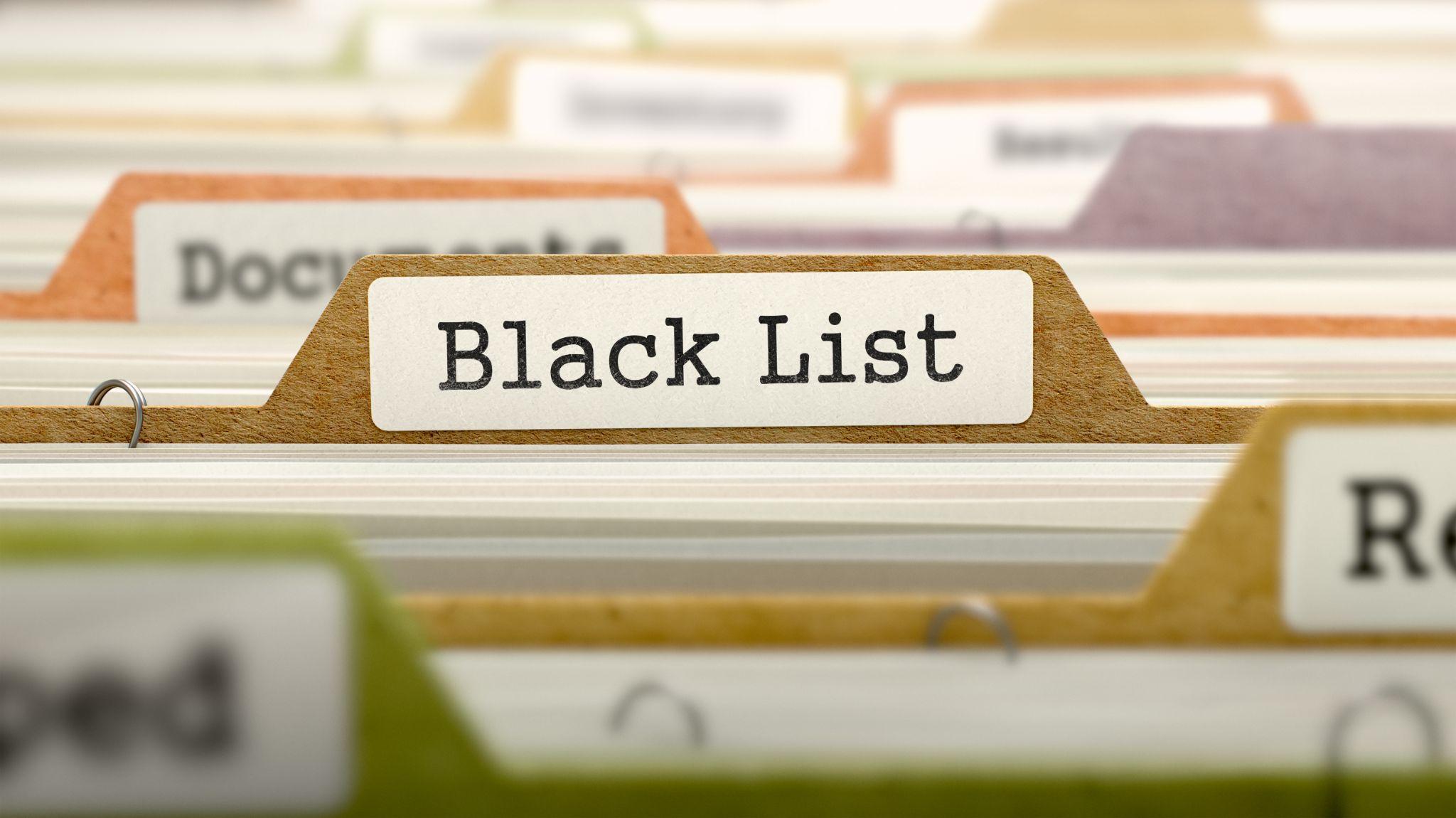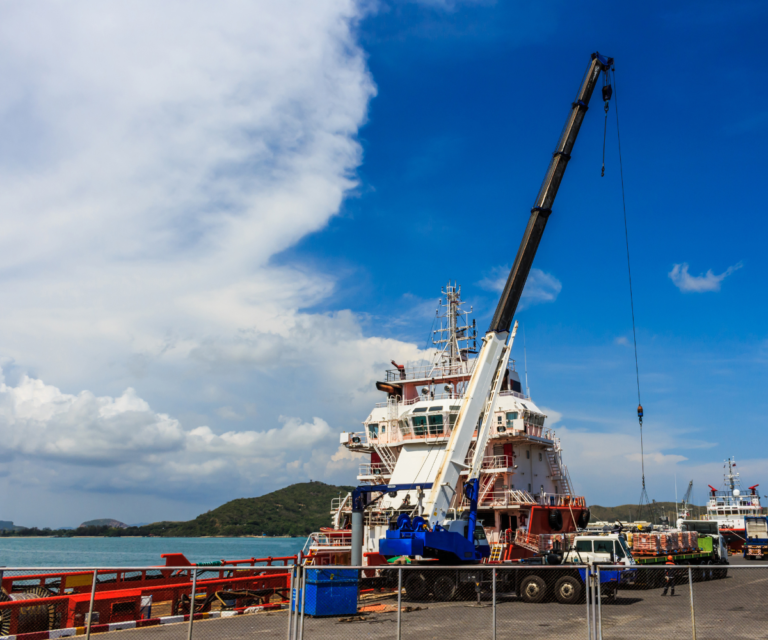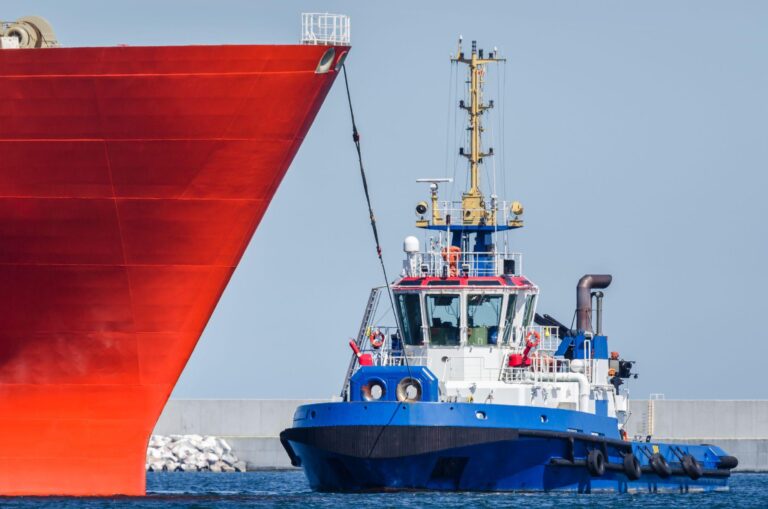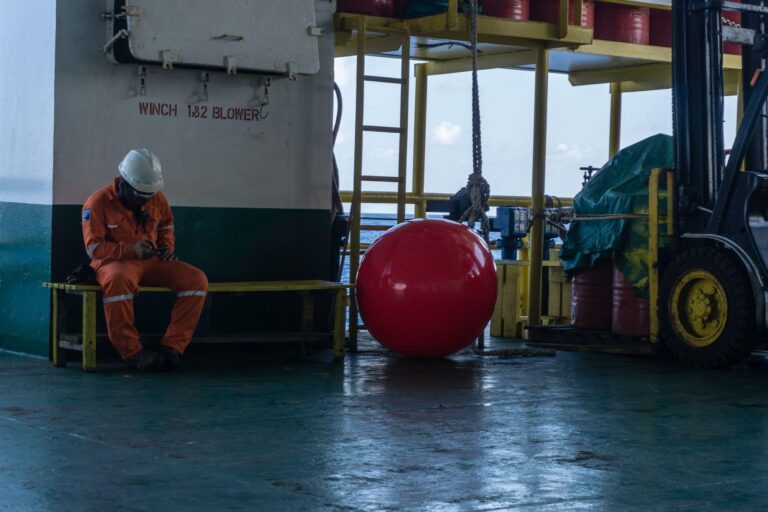Working in the maritime industry can be rewarding, yet there are risks of accidents and injuries. However, being injured on the job does allow you specific rights and expectations, such as expecting your employer to cover all medical costs and provide compensation under maintenance and cure benefits.
What are your rights as a maritime worker?
In addition, the Jones Act and other maritime laws and acts provide compensation for maritime workers’ injuries. Depending on the type of accident and extent of injuries, you could be entitled to seek compensation for current and future financial losses, pain, suffering, and current and future medical bills.
While maritime workers have the right to compensation when injured while on the job, not everyone pursues filing an injury claim. They may be fearful that if they file an injury claim, there will be some sort of employer retaliation.
Or worse, if they consult with a maritime injury lawyer, they could be fired from their job. Additionally, many maritime workers are equally afraid of ending up on a blacklist that could prevent them from getting employment in the maritime industry once they are recovered and ready to return to work.
What does it mean to be blacklisted in the maritime industry?
Long before there were legal protections in place for maritime workers, like the Jones Act, it was common for maritime employers to share details about employees they deemed troublesome or that expected compensation when they were injured. They also blacklisted whistleblowers who complained about unsafe and adverse working conditions.
The purpose of the blacklist was so that maritime employers could refuse to hire people on the list. They mainly targeted those who had severe maritime injuries, caused maritime accidents, or complained about the safety of working conditions. However, the Jones Act and other maritime industry laws came about, which essentially did away with blacklisting.
Can an employer blacklist you today?
Even still, many maritime workers still have concerns about being blacklisted. This fear these maritime workers have is there might be a blacklist still in use today, and they do not want to end up on it. So, instead of filing an injury claim, they go along with whatever their employer wants.
Unfortunately, this could result in being forced to return to work much earlier before your injuries are fully healed. As a result, you could cause further injuries to yourself, which ultimately could lead to not being able to recover, let alone continue working in the maritime industry.
Legally, while our maritime injury lawyers have never encountered a blacklist being circulated between maritime employers, we have seen acts of employer retaliation against clients we have represented. Fortunately, when an employer retaliates against you, it opens the door for further legal actions that can be taken against the employer, such as a wrongful termination lawsuit.
Do you have to be worried about being blacklisted if you file an injury claim lawsuit against your employer?
There are maritime laws and court rulings that make blacklisting illegal. As such, if you are injured and file an injury claim against your employer, it is illegal for them to retaliate against you.

In addition, depending on the extent of your injuries, you may not be able to return to your maritime job after you recover. So, you need to think about what is best for you and your family, not worry about whether you will ever work again in the maritime industry.
Filing an injury claim with a maritime injury lawyer can help you secure compensation to provide for yourself and your family now and in the future should you not be able to return to maritime work.
What legal protections are there against discrimination when applying for another maritime job?
Should your employer terminate your employment because you were injured on the job, the law is on your side for wrongful termination. Your current employer cannot terminate your employment due to an injury. Then, once you are recovered and cleared to return to work, they must allow you to resume your maritime job.
Second, we have found that in cases where maritime workers have recovered and can return to a maritime job, most of their current employers will welcome them back. So, there is no need to worry about being blacklisted and not allowed to return to work.
In cases where your current employer terminates your employment and you seek employment with another employer, your former employer cannot legally mention anything about the injury claim. All they can do is verify your dates of employment.
To further put your mind at ease, our maritime injury lawyers have assisted maritime workers in filing their injury claims, receiving the compensation they deserve, and, when fully recovered, returning to work in the maritime industry. If there were a blacklist floating around out there, this would not even be possible.
How can an injury claim lawsuit help protect future workers with the same employer?
If you do not file an injury claim against your employer, your employer might assume your injuries were minor. As a result, you will have to keep working, even if you are suffering and in pain.
Furthermore, if your accident resulted from unsafe working conditions or an unseaworthy vessel, other maritime workers will also have to continue to work in these conditions. Unfortunately, they could be injured in future accidents or even die if their injuries are severe.
Do you really want the death of a co-worker on your conscience because you were afraid of filing an injury claim and being blacklisted? By filing a lawsuit with help from a maritime injury lawyer, you bring to light potentially unsafe and dangerous working conditions that can prevent other maritime workers from getting injured.
What type of maritime injury compensation could you receive?
The type of maritime injury compensation you could receive does depend on several factors, such as:

- The segment of the maritime industry you work in, like offshore, on a vessel, on a dock, etc.
- The extent of your injuries.
- The events that caused the accident.
- Whether you will be able to return to work in the maritime industry.
- The maritime law or act that applies to your situation.
- The willingness of your employer to settle your injury claim.
Keeping this in mind, in general, you are able to seek compensation for your medical bills and basic living expenses until you can return to work. Should you not be able to return to work, you may be entitled to future lost wage compensation, future medical bill payments for ongoing injury care, and pain and suffering compensation.
The best way to find out what type of maritime injury compensation you could receive is with a free, confidential consultation with one of our maritime injury lawyers. Our lawyers will review your case, provide advice on filing your injury claim, and discuss the amount of compensation you could be entitled to receive.
Furthermore, we can discuss your concerns about employer retaliation and blacklisting to help put your mind at ease. To schedule your free consultation, please feel free to call Maintenance and Cure, part of Schechter, Shaffer & Harris, L.L.P., at 800-836-5830 today!







